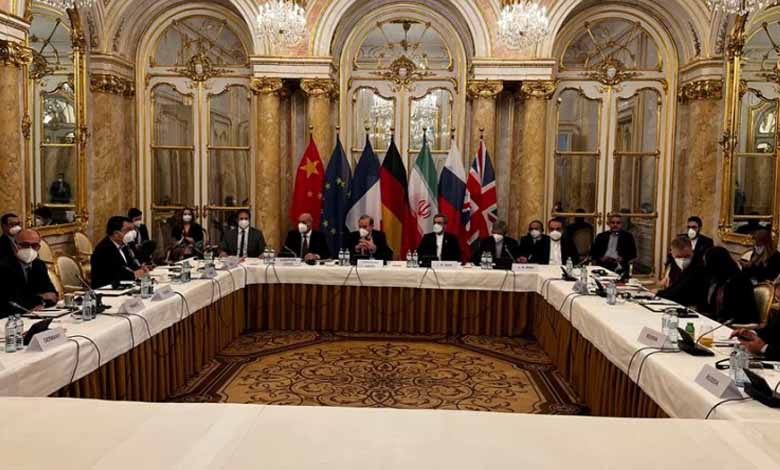Iran: Conflicting statements on Iran nuclear deal

Statements about the nuclear talks are conflicting.
A senior European diplomatic source confirmed yesterday that the Iranian delegation agreed to negotiate based on the latest agreements reached between the negotiators last June (the 6th round), in reference to the omission of the Iranian proposals that were presented last week. However, Iranian chief negotiator Ali Bagheri Kani hinted to the contrary, speaking of a “false atmosphere”.
- Iraq…Protesters set Fire to the office of Parliament in Basra
- The leader of Libya’s GNA is ready to leave within six weeks
Conflicting statements reflect each country’s desire to appear on the stronger side of the negotiations.
Following his meeting with the Austrian Foreign Minister in Vienna on Friday evening, Bagheri tweeted: “Creating a false atmosphere outside the negotiating room will not affect the seriousness of the negotiators”.
“The responsible behavior of his country has kept the nuclear agreement alive”, he claimed, adding that “insecure reports from outside the negotiating room will not weaken Tehran’s determination to reach a deal that guarantees its rights and interests”. “During my meeting with the Austrian Foreign Minister, I stressed “our seriousness and good faith” in the talks”.
Perhaps what increased the contradiction, whether or not the two drafts previously put forth by the Iranian delegation, which received criticism and rejection from Europe and the United States, are under discussion, according to the Fars News Agency, an Iranian source confirmed, that the European troika countries have backtracked and negotiated these proposals.
The Western parties, he claimed, “are now bound by Iran’s initiative and have acquiesced in the fait accompli”.
This came after Ali Bagheri Kani confirmed earlier yesterday that his country is committed to the position that it announced last week when talks with European and American officials broke down, accusing it of making new demands and backing away from the compromises reached during the last 6 rounds.
Asked if there was discussion about the new proposals Iran submitted last week, he told Reuters: “Yes, the drafts that we proposed last week are being discussed in meetings with other parties”.
A European source indicated that Tehran apparently agreed to continue the talks from where they broke off in June.
He explained that the June 20 draft is the common ground for work, pointing out that 7 or 8 points are still under discussion in the June text, stressing that this text is the future of any agreement here in Vienna.
It is worth noting that the second phase of the 7th round of nuclear talks resumed on the 9th of this month, after a five-day pause requested by the Western countries for consultations, following the submission of proposals by the Iranian delegation, which the Europeans and the Americans described as undermining the principle of negotiation, and which entailed a major retreat from what was agreed upon in previous rounds.












